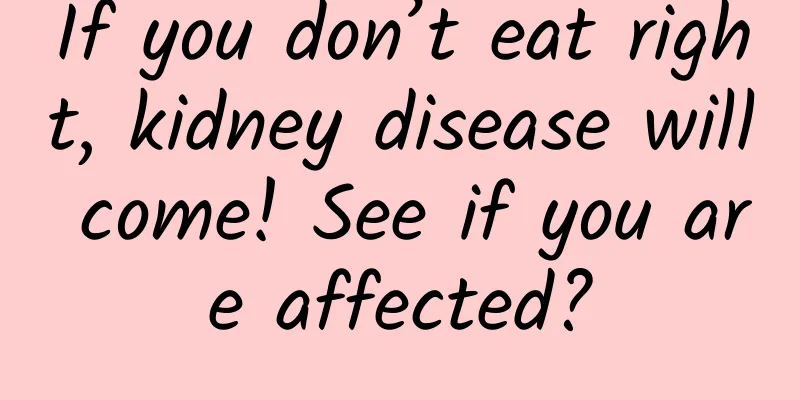What to do if your nipple bleeds

|
There are many reasons that can lead to postpartum nipple bleeding. For example, women face the breastfeeding stage immediately after giving birth. If the child sucks too hard when breastfeeding, it can easily cause the nipple to rupture and bleed. Some women may secrete a lot of milk after giving birth. At this time, a large amount of accumulated milk may cause breast inflammation, and further development of the inflammation may cause nipple bleeding. Some women also have sensitive nipples after childbirth, which may cause bleeding if they are accidentally scratched. Here's what to do if you have nipple bleeding after childbirth. When nipple cracking occurs, it is important to maintain local hygiene and protect the nipple with a glass-covered rubber nipple or sterilized gauze to relieve pain. Underwear should be kept dry and changed and washed frequently. It is enough to wash the nipples with warm water once a day. Apply topically to the nipple or areola with breast milk after breastfeeding. When nipple cracks are severe, temporarily stop breastfeeding for 24-48 hours and express or pump out the milk before feeding it to the baby to reduce the development of inflammation and promote healing of the cracks. Nipple cracks are mainly caused by incorrect nipple positioning in infants. To prevent nipple cracks, mothers should do the following: (1) When breastfeeding, mothers should try to let the baby suck most of the areola, because the area below the areola is where milk is concentrated. It saves effort for babies to breastfeed and also protects the nipples. It is the most effective way to prevent nipple cracks. (2) Each feeding time should not exceed 20 minutes. If the nipple is immersed in the baby's mouth indefinitely, it is easy to sprain the nipple skin. There are also bacteria in the baby's mouth, which can cause breast infection through damaged skin. (3) After feeding, make sure to wait until the baby's mouth relaxes the nipple before gently pulling it out. Pulling the nipple hard may cause damage to the nipple skin. The key to preventing mastitis is to start breastfeeding early, suck frequently, keep milk flow unimpeded, and correct breast engorgement and nipple ulcers in a timely manner. This concludes the introduction to the treatment of maternal nipple bleeding. To avoid this phenomenon, if a woman secretes a lot of milk after giving birth, she can squeeze out some of the water before giving birth. This can avoid breast swelling and pain, and can avoid inflammation and bleeding due to excessive milk. Of course, the daily feeding time must be set and feeding must be done on time. Each feeding time should not be too long. |
<<: What causes bleeding in stool 30 days after delivery?
>>: How to deal with severe bleeding in postpartum women
Recommend
Why do menstrual blood clots get so big?
Women's bodies undergo significant changes du...
What medicine should women take for low blood pressure
Important reminder: There are many women with low...
Can I eat papaya during menstruation?
Papaya is a favorite choice for many people. This...
Four months pregnant, the left side of the belly is bigger than the right side
We all know that the correct fetal position is di...
Angina pectoris, myocardial infarction, sudden myocardial death? Diet, exercise, and sex life all have their own requirements!
Author: Chen Mulei, Chief Physician, Beijing Chao...
How to protect pregnancy with low hcg
The Hcg value is a very important indicator for p...
What should girls eat to nourish their kidneys?
Maybe we have heard recently that there are more ...
Is it a boy or a girl if I have breast milk at 5 months of pregnancy?
After pregnancy, many parents are curious about t...
Can I drink rice wine egg drop soup during breastfeeding?
Can I drink rice wine egg drop soup while breastf...
How can you lift your buttocks?
Women's figure is of concern to everyone. Alt...
Does the supermoon have "magic" powers? Is it the moon that causes poor sleep and sunburn from night running?
Audit expert: Peng Guoqiu Deputy Chief Physician,...
What is the authentic method of boiling fish fillet? Can crucian carp be boiled in water?
The dish "Boiled Fish" originated in th...
Can I use a facial mask when my period comes?
There are always a few days every month that wome...









